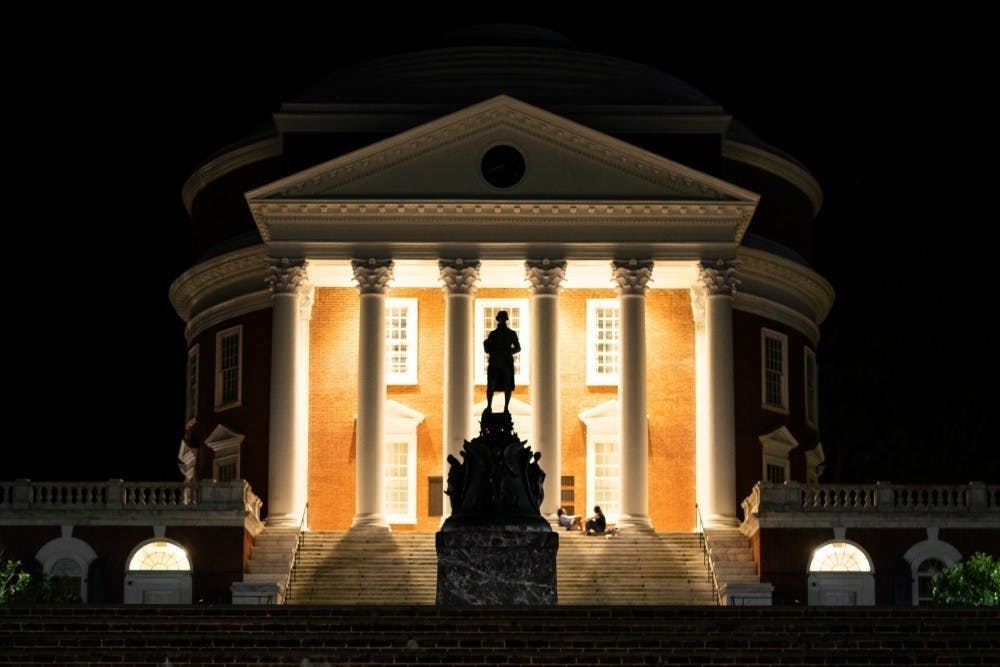I am a middle-class white kid who grew up in the South. As one often does when in my situation, I consistently took the existence of monuments dedicated to historical figures for granted. I believed that they unquestionably perpetuated the legacies of great men. After all, why would anyone seek to memorialize a person who didn’t make overwhelmingly positive contributions to our society?
As I grew older and began to take an interest in the history of my country, I started to think more deeply about the monuments surrounding me and what they represented. I also became increasingly aware of the effort to tear many of them down. I chalked this desire up to a myopic brand of revisionist history welling up within our society. My childhood education supported this notion, claiming that the men immortalized on pedestals across our nation were a force for good in their time. This revisionism seemed completely illogical to me, as my preconceptions about the supposed total morality of these figures was yet to be challenged.
That all changed recently. I am a student at the University, and by extension a resident of Charlottesville — a city which finds itself at the core of national conversations about the significance of monuments and the ongoing push for their removal. In recent months, statues of Robert E. Lee, Stonewall Jackson and Lewis and Clark have all been removed from the vicinity of the University, a move I have perceived to be generally celebrated by my fellow students.
To many of us, these antiquated statues represent a constant reminder of times when cruel men ruled with iron fists over those they sought to subjugate. The longer I have spent surrounded by this perspective, the more I have begun to understand it. After all, while I can never claim to experience the feelings my peers have shared with me, their claims make perfect sense. How could men who fought for slavery be seen as heroes by those whose heritage is enslavement? I have finally questioned the previously indisputable morality of many of these figures and found that they do not measure up.
Of course, this should come as no surprise. Cultural standards shift, and they do so for good reason. One need only point to very recent and sudden changes in America's idea of morality to exhibit this. The bar is constantly raised within our society, and though the pursuit of social justice is largely beneficial, it can sometimes lead to excessively intense criticisms.
This is what our monuments have taught me — that people exalted for nobility in the past are unlikely to be as easily accepted in the present. When we raise someone onto a pedestal, we are effectively transforming them from a man into a myth. With mythological stature comes an expectation beyond that of what a human can possibly measure up to. This standard of perfection to which we hold the subjects of our monuments is unrealistic, and it is harmful. It creates resentment in both those who seek to deify such people, and those who seek to tear them down.
Before we rip our monuments down — a process which I am all for in many cases — we should pause for a moment and think about what they can teach us. We should closely examine the context of their creation. While many monuments were erected mainly as a means of intimidation of the oppressed, some — such as the statue of Thomas Jefferson residing on Grounds — have very legitimate claims for existence. This means accepting not only the evils committed by these figures, but also the good. It should be understood that the opposite can be equally true — that to topple a monument is not always to vilify it. Rather, it is brought down to represent the imperfect nature of its subject.
This lesson in imperfection is ironically inverse to the flawless monuments surrounding us. If we continue to build new ones without understanding the implications which accompany them, future generations will look on our depictions with disgust just as we scorn those of our predecessors. Monuments perpetuate myths — something I have experienced firsthand in my obsessive reverence to historical figures like Jefferson. This in turn creates the same false expectation of total morality which I naively accepted as a child. No person can claim to be totally good, and in a society which expects perfection from its monumental figures, no legacy can survive.
Thomas Laughridge is an Opinion Columnist for The Cavalier Daily. He can be reached at opinion@cavalierdaily.com.
The opinions expressed in this column are not necessarily those of The Cavalier Daily. Columns represent the views of the authors alone.







